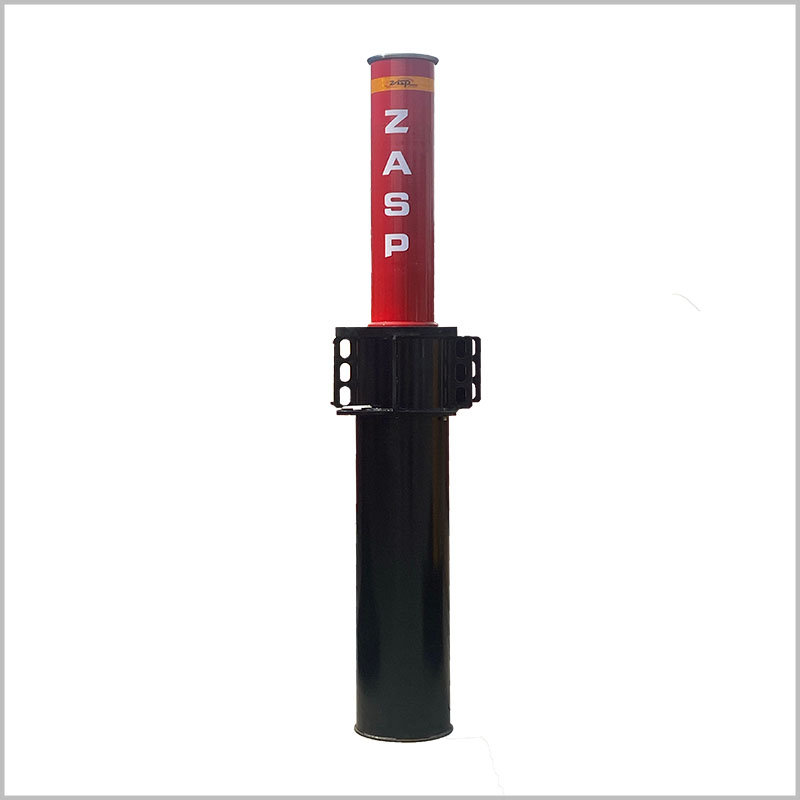Rising Bollards: Securing Spaces with Innovative Access Control
In an age where security is paramount, the rising bollard emerges as a cutting-edge solution for controlling access to various spaces. These unassuming yet powerful devices play a pivotal role in ensuring safety, managing traffic, and enhancing security measures. This article delves into the world of rising bollards, exploring their features, applications, and the benefits they bring to modern security strategies.
Unveiling the Rising Bollard
A rising bollard, also known as a retractable bollard, is a vertical post that can be remotely controlled to rise from the ground and create a physical barrier. These bollards are typically installed in areas where controlled access is essential, such as entrances to private properties, pedestrian zones, parking lots, and high-security facilities. They provide an unobtrusive yet effective means of preventing unauthorized entry while allowing authorized vehicles to pass through.
Key Features and Benefits
Rising bollards offer a range of features and benefits that contribute to their growing popularity in security applications:
1. Controlled Access
Rising bollards provide a controlled access solution, allowing authorized vehicles to enter while deterring unauthorized ones. This controlled access is crucial for maintaining security in restricted areas.
2. Flexibility
Rising bollards can be installed individually or in groups, creating customizable access points. They can be programmed to rise and retract at specific times, accommodating different traffic needs throughout the day.
3. Aesthetics
These bollards are designed to blend seamlessly with their surroundings, maintaining the aesthetic appeal of the environment. They can be equipped with decorative elements to match the architecture.
4. Enhanced Security
Rising bollards act as a physical barrier, preventing forced entry by vehicles. This level of security is particularly important for critical infrastructure, government buildings, and high-profile venues.
5. Traffic Management
In addition to security, rising bollards aid in traffic management. They control the flow of vehicles, prevent congestion, and enhance pedestrian safety in busy areas.
6. Remote Operation
Rising bollards can be controlled remotely, enabling operators to raise or lower the bollards as needed. This remote operation enhances convenience and efficiency.
Applications Across Industries
The versatility of rising bollards makes them suitable for a wide range of industries:
1. Commercial Spaces
In commercial areas, rising bollards control access to parking lots, driveways, and pedestrian zones. They enhance safety for patrons and maintain a secure environment.
2. Residential Properties
For residential properties, rising bollards safeguard driveways and private entrances from unauthorized vehicles. They provide homeowners with a sense of security and peace of mind.
3. Government and Critical Infrastructure
Rising bollards are essential for securing government buildings, embassies, and critical infrastructure sites. They prevent vehicular attacks and unauthorized access to sensitive areas.
4. Public Spaces
In public spaces, rising bollards manage vehicle access in pedestrian zones, outdoor events, and tourist attractions. They ensure pedestrian safety and regulate traffic flow.
5. Transportation Hubs
At transportation hubs such as airports and train stations, rising bollards control vehicle entry to secure areas and restrict access to authorized personnel.
Embracing Future-Ready Security Solutions
As security concerns continue to evolve, the rising bollard stands as a versatile and effective solution for controlling access and enhancing safety. Its ability to seamlessly integrate with various environments, coupled with its remote operation and aesthetic appeal, makes it a preferred choice for a wide range of applications.
Whether safeguarding private property, securing critical infrastructure, or managing traffic in public spaces, rising bollards play a pivotal role in modern security strategies. By offering controlled access and a reliable physical barrier, these unassuming devices contribute to safer environments, efficient traffic management, and ultimately, peace of mind.


